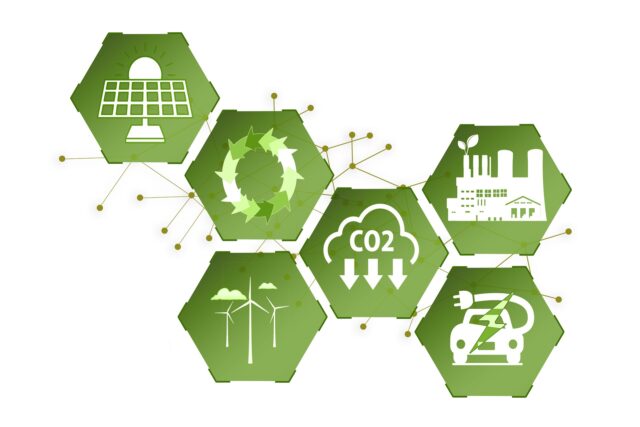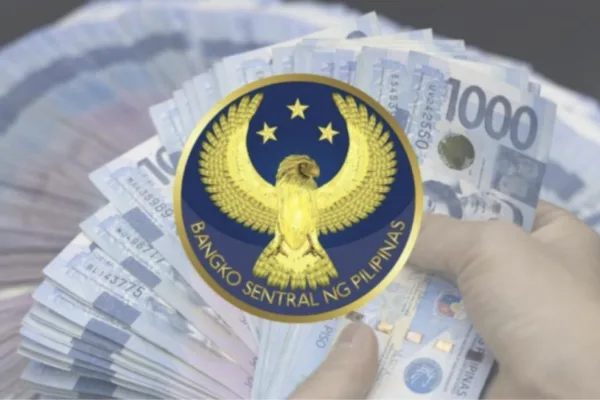Huawei, a leading global provider of information and communications technology (ICT), is setting up industry guidelines on power consumption and encouraging green investments, saying that it expects regulators in the Philippines to step up green finance efforts starting this year.

“While green finance is not a new topic, its actual implementations and best practices may vary,” stated Mr. Luan Mingming, country head of Huawei Philippines’ Enterprise Business Group, in a press release.
“At Huawei, we see tremendous opportunities in the Philippines — not only [in the] building of green infrastructures but also in the growth of green bonds and the introduction of a green economy system,” he added.
Helping banks reduce their CO2 emissions
During Huawei’s Intelligent Finance Summit 2022, Mr. Jason Cao, Chief Executive Officer of Huawei Global Digital Finance, reported that digital banking consumes a lot of resources and data.
“Banks are large consumers of computing power,” Mr. Chao said. “Technology providers can help banks resolve their carbon emissions by focusing on alternatives to issues that can affect power supply, power consumption, and power management. Photovoltaic energy (or solar panels), for instance, can be offered as a clean source of power supply. Banks can also invest in equipment with recycling systems for efficient heat dispersal.”
Huawei currently offers smart management modules that can detect peak periods of usage. This feature will allow banks to shut down some modules during off-peak hours so they can save on power.
For instance, accessing services on the Internet entails the use of servers in data centers, all of which need electricity to run.
According to Phys.org, a web-based science news service, the electricity consumption for these centers could grow to between 15% – 30% of the total electricity consumption of some countries by 2030. Most of this electricity is generated by fossil fuels, which contributes to climate change.
Mr. Cao added that Huawei is targeting two types of customers: traditional banks that are going digital because customer behaviors are now changing; and banks in areas without prevalent services, such as Africa and the Asia Pacific.
“We are pushing for inclusive finance,” he said.
Huawei counts BDO Unibank, Inc., and Union Bank of the Philippines (UnionBank) among its local clients.







